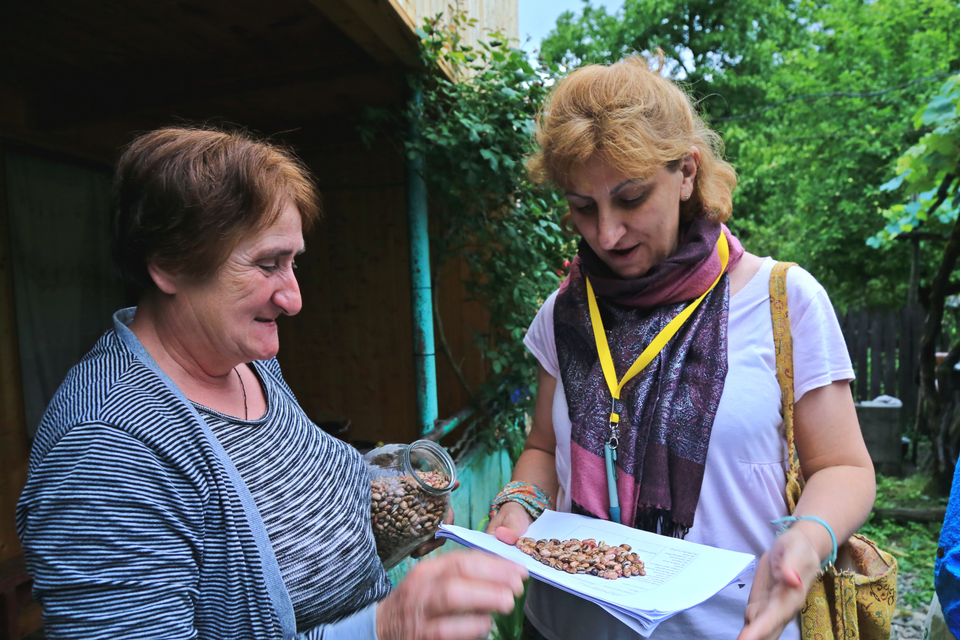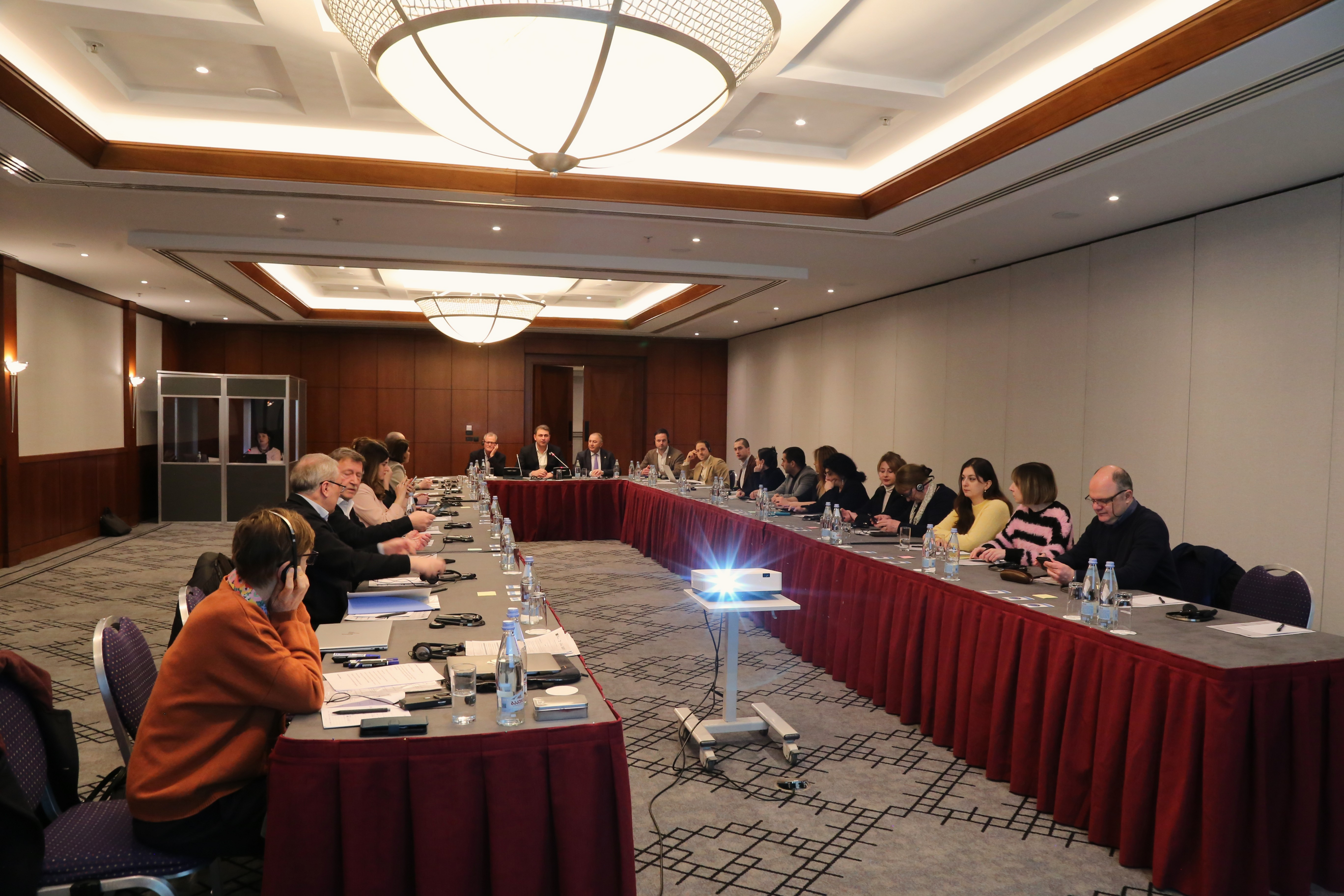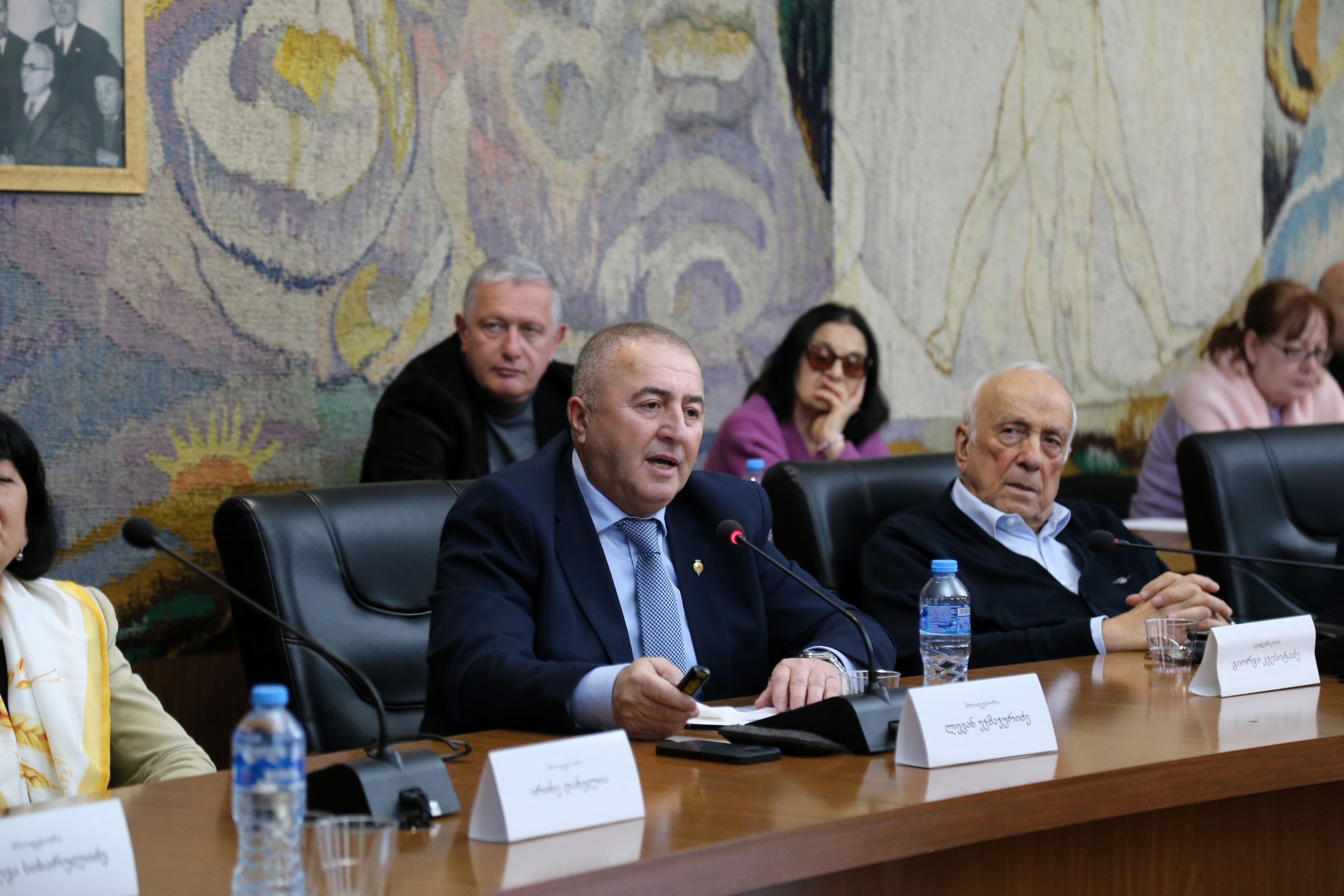News
09.07.2024
Scientific Expeditions were held in Racha-Lechkhumi Region
 The representatives of the LEPL Scientific-Research Center of the Agriculture, in order to collect traditional varieties, held another scientific expedition in the Racha-Lechkhumi region.
The representatives of the LEPL Scientific-Research Center of the Agriculture, in order to collect traditional varieties, held another scientific expedition in the Racha-Lechkhumi region.
As part of the expedition, from plots of lands of locals, the samples of local varieties of beans, corn, wheat, pea, flax, wild wine accessions and old, local varieties of potatoes were collected. The potato samples were transferred to the Center for Plant Micro-clonal (in vitro) Propagation and Virus-Free Planting Material Research Laboratory for further research and conservation, and the cereal seed samples, after appropriate processing, will be stored in the Plant Genetic Resources Bank.
The expedition, which is held within a framework of the project funded by the United Nations Food and Agriculture Organization (FAO) ,,Strengthening linkages between in situ/on-farm conservation of local PGRFA from Georgia and for adaptation to climate change’’ is headed by the Director of the Center and Project Coordinator Levan Ujmajuridze.
"As a result of the project implementation, the use and conservation of traditional varieties will be improved, morphological, agro-technical and passport data of target crop collections will become available at the national and international levels, which will facilitate the dissemination of local varieties in farm conditions and the conservation of their biodiversity; a quality management system and national protocols will be introduced for the long-term conservation of plants ex situ, and seed material of traditional varieties will be transferred to farms," said Levan Ujmajuridze, Director of the Scientific-Research Center of Agriculture.
The first stage of the mentioned project was completed, the main goal of which was to study the current state of target crops in Georgia, to enrich the collection of the genetic bank of plants as a result of expeditions, to return the genetic resources of target crops taken out of Georgia at different times and placed in foreign genetic banks.
The scientific expeditions were carried out by the working group of the scientific-research center in 270 villages of 24 municipalities in 8 regions of Georgia. The mentioned material is kept in the form of a working collection, it is also propagated on the experimental-demonstration plot of the center, and their morphological descriptions are in progress.
The current grant project of the United Nations Food and Agriculture Organization (FAO) will last for 4 years.






